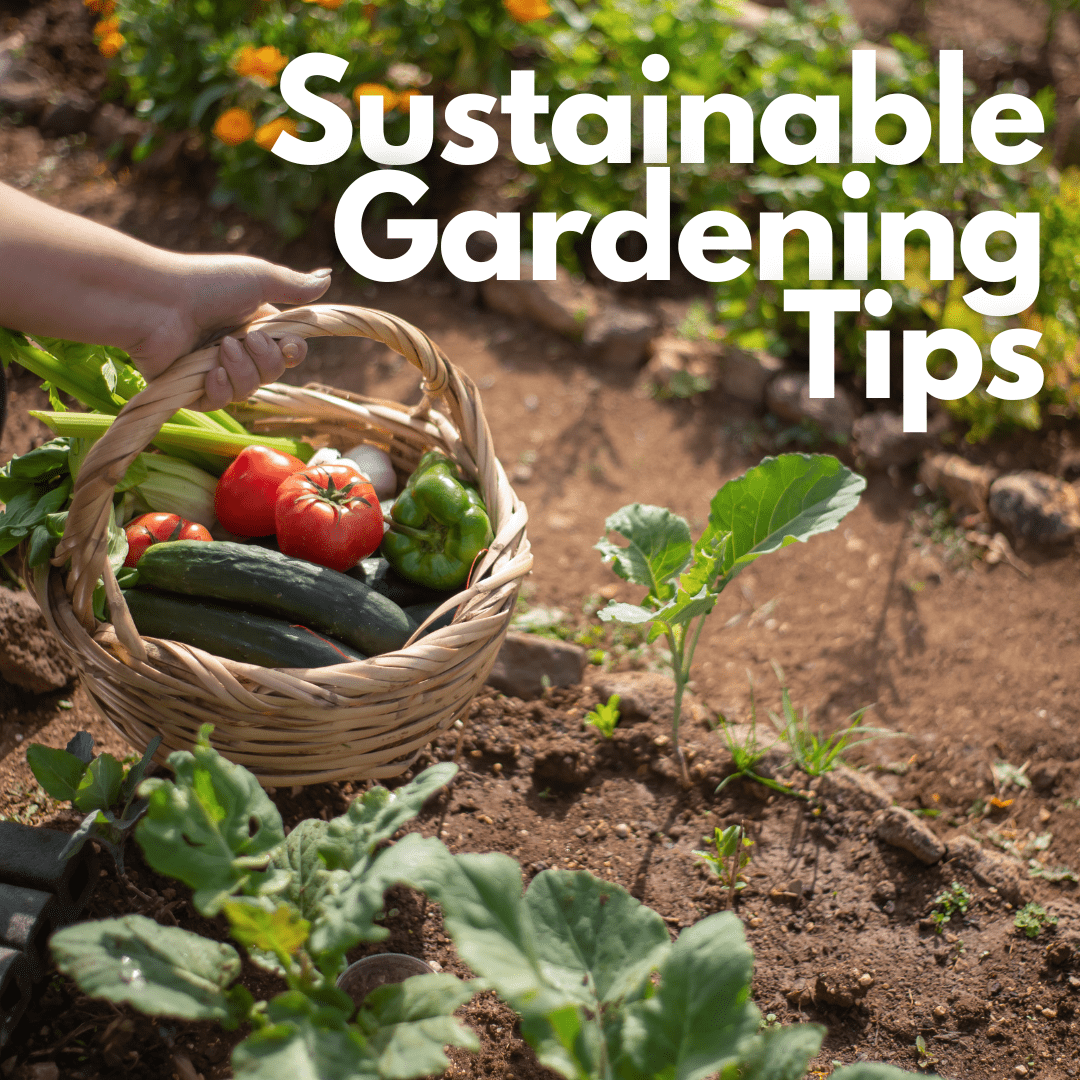
Sustainable Gardening Tips:
With the recent spike in temperatures, now is a wonderful time to start planning and planting your outdoor garden! Gardening is a fantastic way to enjoy the springtime air while reaping tasty fruits and vegetables and enjoying beautiful flowers and plants all season long! But did you know many common fertilizers and soils contain harmful chemicals and pollutants? Below are a few tips that will help you create a more sustainable garden this season!
- Reduce chemical pesticides by ‘companion planting’ with naturally insect-repelling plants!
- Garlic cloves, citronella grass and chrysanthemums are all plants that naturally repel insects such as ants, beetles and ticks. By using these plants, you can reduce the number of chemical pesticides used while maintaining all the positive benefits of gardens (such as produce!).
- Reduce weedkillers using the ‘No-Dig’ method of starting a garden!
- Rather than digging over soil each season, try covering last year’s garden with a thick layer of garden compost and mulch. Turning over the soil brings weed-producing seeds deep in the ground to the surface and allows them to begin germinating. By using the ‘No-Dig’ method, you can cut back on natural weeds in half the time.
- Look for peat-free compost to avoid a high carbon footprint!
- Peat is a common ingredient in many commercially available composts; however, the production of peat compost destroys peatlands (an important ecosystem that reduces the planet’s carbon footprint). There are many peat-free composts available that can do the same job, such as composted bark and wool.
- Utilize organic garden fertilizer when possible!
- Organic fertilizers are naturally produced and made with a variety of materials including well-processed animal waste. You can even make your own compost using at-home food scraps!
Other helpful gardening tips include:
- It’s best to water in the morning to help avoid mildew and other negative plant-related issues. And, when you do water, be sure to do so thoroughly!
- Try to rotate your vegetable planting areas each year.
- Be sure to pick your fruits and veggies when they’re ready! Doing so should enable plants to continue to produce throughout the season.
FUN FACT!
Did you know that according to the PA Department of Agriculture, Pennsylvania farms rank 3rd in the nation in organic sales!

